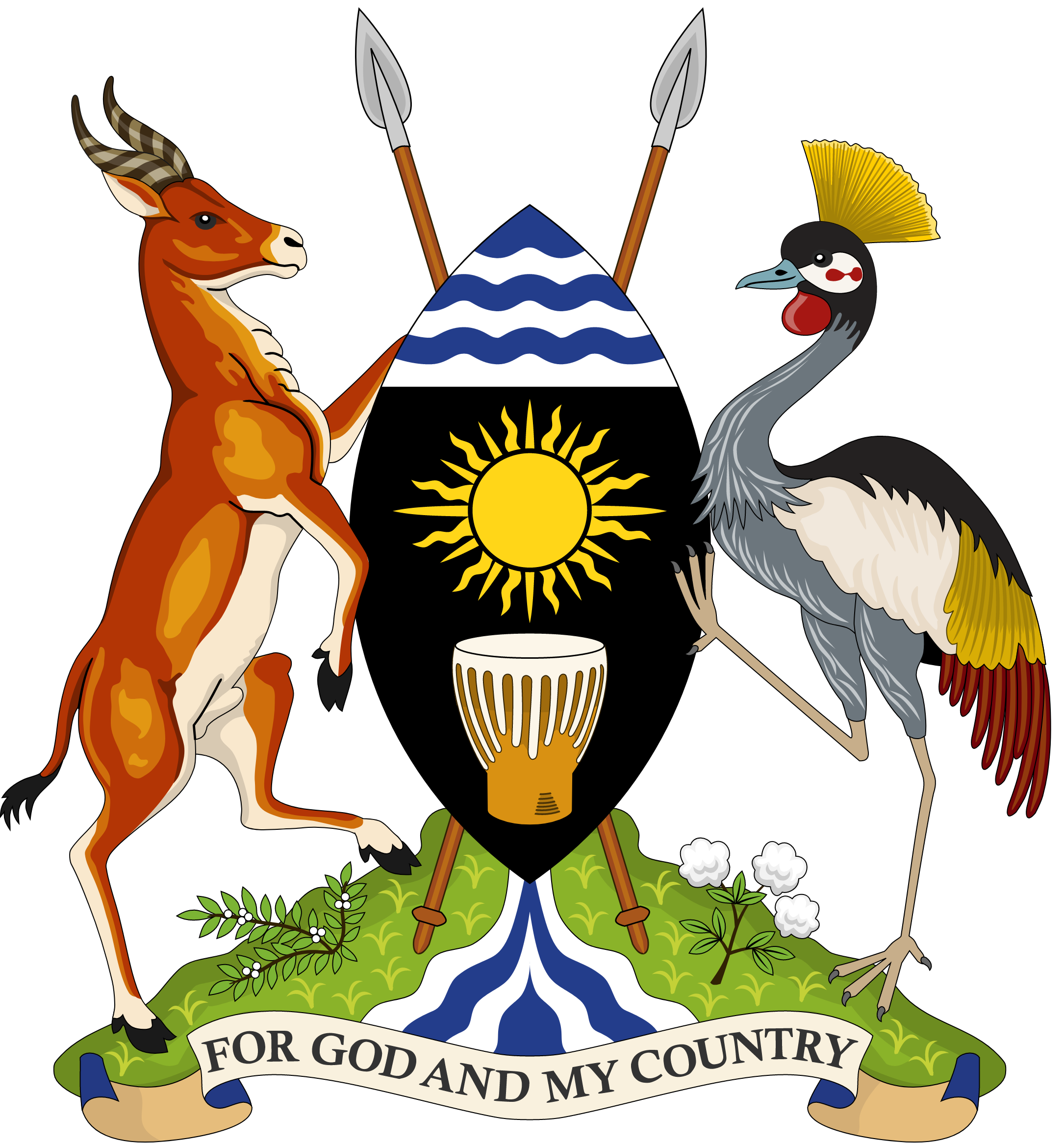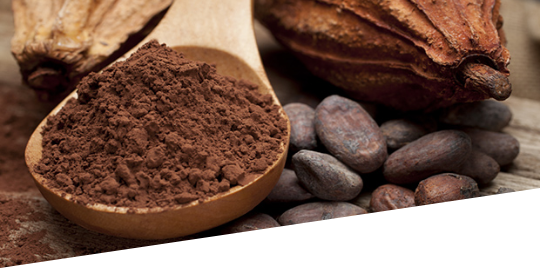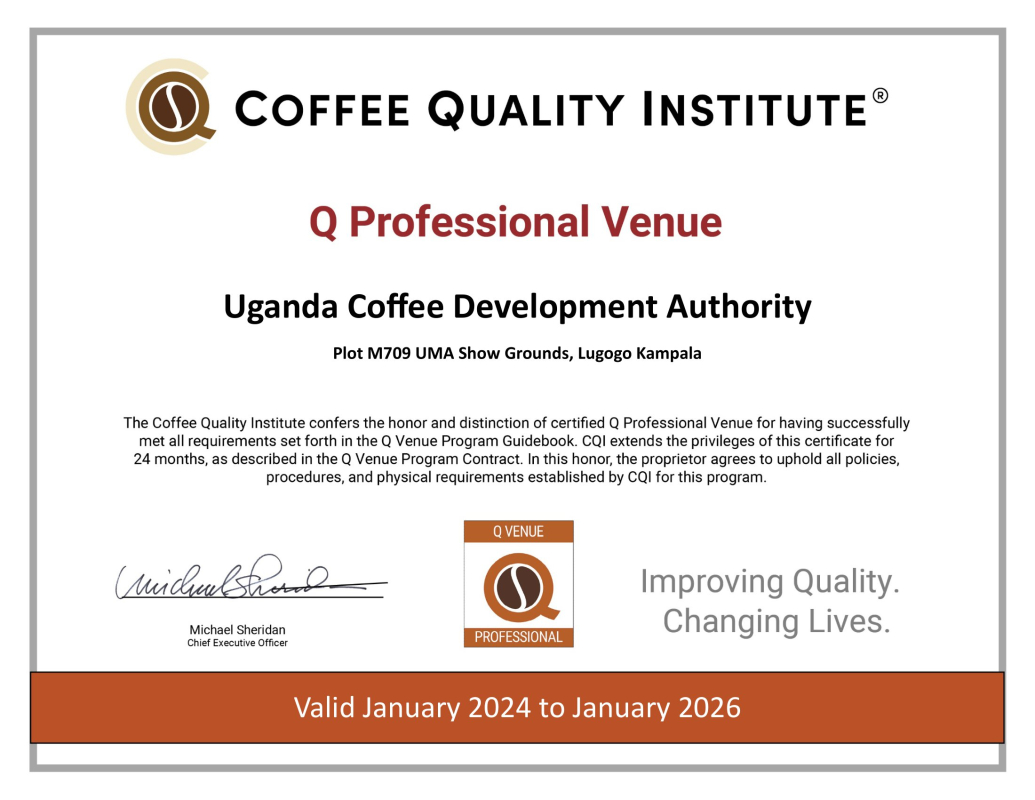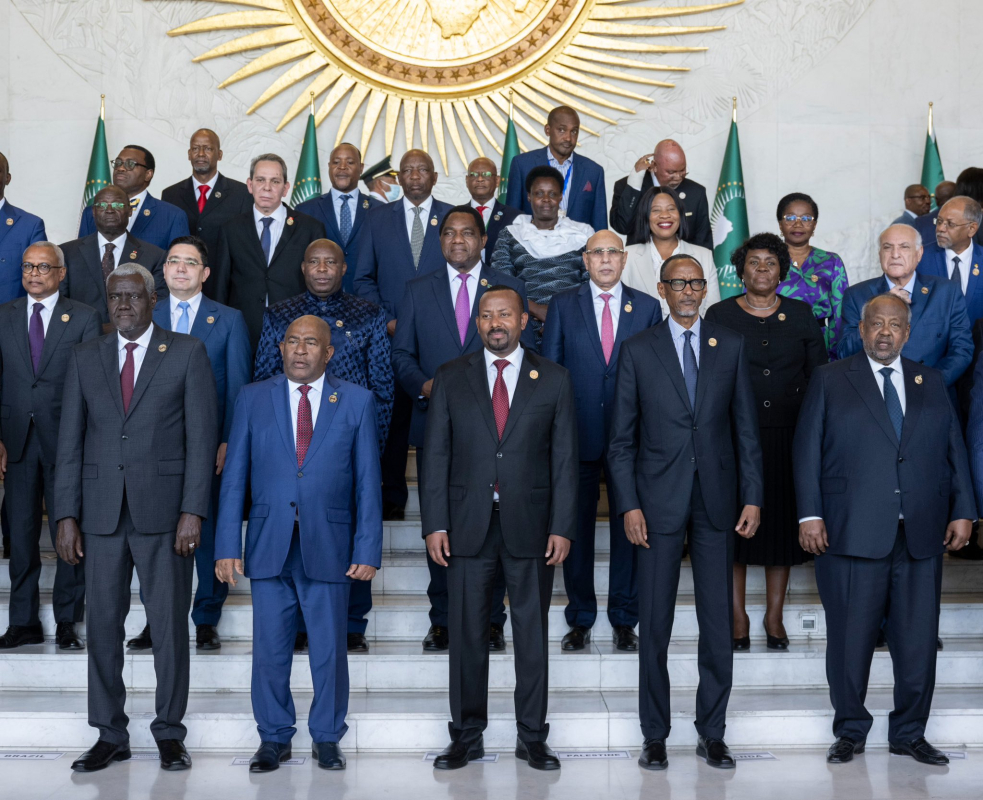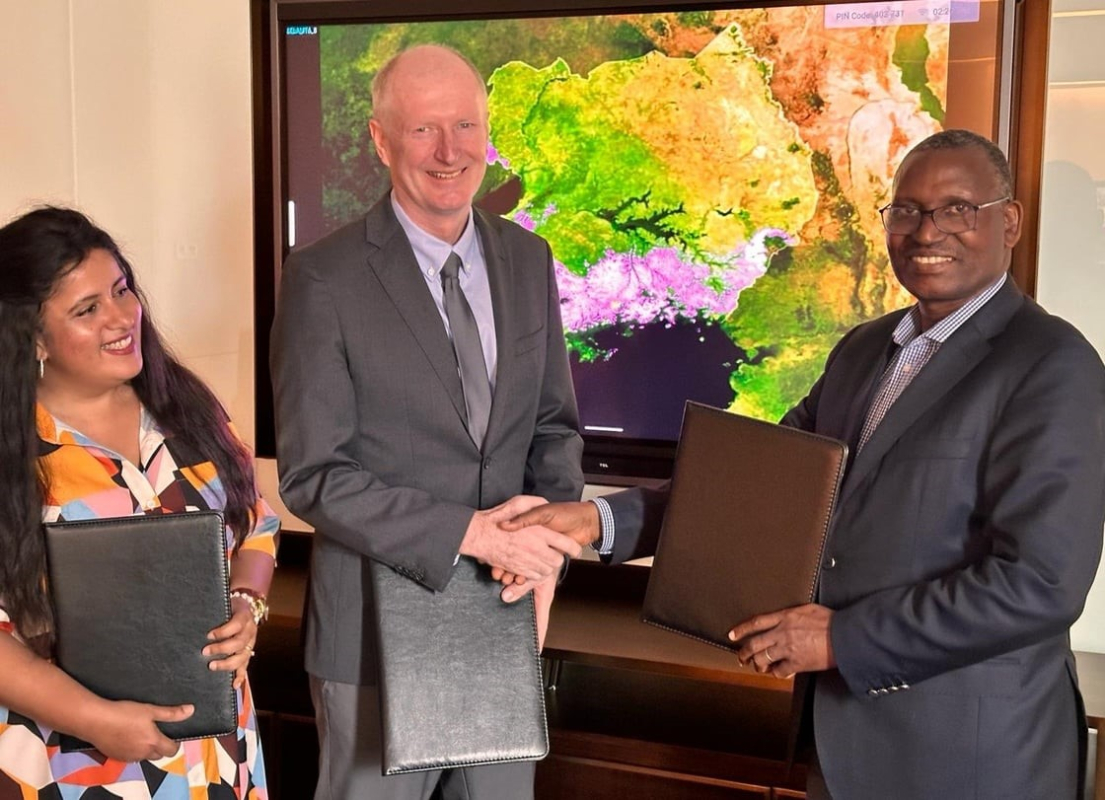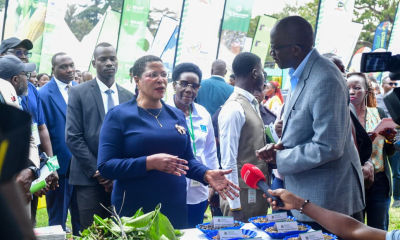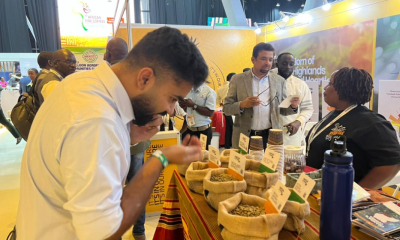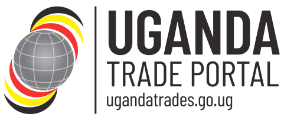Uganda Commemorates International Coffee Day in Busoga region

International Coffee Day: Busoga successfully hosted 2025 edition as the EUDR farmer registration reaches 1.6 million, Partners join hands to mobilize US$ 15 million for Coffee value chain development in the sub-region by 2027.
In Uganda, International Coffee Day activities are hosted by regions on a rotational basis to address local issues, celebrate progress, and highlight best practices. Events for 2025 were hosted at the Jinja Agricultural Show Grounds and presided over by Hon. Fred Bwino Kyakulaga the Minister of State for Agriculture.
In his remarks, Hon. Bwino reiterated the value of Coffee as a priority crop.
"Coffee is a cherished beverage both locally and globally. The global coffee market is valued at about US $465 billion, making it the second largest revenue earner worldwide after oil," he noted.
As highlighted by Hon. Bwino, Ugandan Coffee generated US $2 billion (UGX 8 trillion) from the export of 7.8 million 60kg bags in financial year 2024/25, an increase from 6.1 million bags valued at US $1.1 billion (UGX 4 trillion) in 2023/24.
Hon. Bwino also joined Coffee farmer group representatives in a session that featured songs that mobilize masses to grow Coffee, a crop that accounts for 20.8% of Uganda's exports (by FY 2024/25 records) and 15% of total exports in the last 10 years.
Developing the sector, together:
During the climax event, partner institutions and organizations were submitted commitment to further the progress achieved by Uganda.
1."Coffee export earnings have soared to an unprecedented high of US$ 2.2 billion in the last financial year," - Dr. Gerald Kyaalo, the MAAIF Commissioner for Coffee Development who represented MAAIF Permanent Secretary Maj. Gen. (Rtd) David Kasura-Kyomukama.
2."We are proud to be a part of Uganda’s Coffee sub-sector journey where we found ready partners in Government and the private sector to drive a number of interventions, including EUDR compliance. So far Uganda has registered 1.6 million farmers," Moses Nyabila, aBi.
3."We commend Government for the prioritization of Coffee sub-sector financing, promotion of Coffee research, the smooth transition of UCDA into the Department of Coffee Development under MAAIF, and the sustained support towards Coffee value addition," Mr. Robert Byaruhanga, the UCFA President.
As highlighted by Bwino, strategic investment in the Coffee sub-sector has seen Uganda move to 6th position among Coffee-producing countries globally and the second in Africa. Currently, the coffee industry supports over 12.5 million people across the value chain.
The 2025 International Coffee Day events for Uganda were guided by the theme, "Exploring Coffee Value Chain Opportunities in Busoga Sub-region" and put together partners led by MAAIF, aBi Development, the Uganda Coffee Farmers Alliance, ETG, MJ Nutrition, Olam Food Ingredients and Rainforest Alliance.
